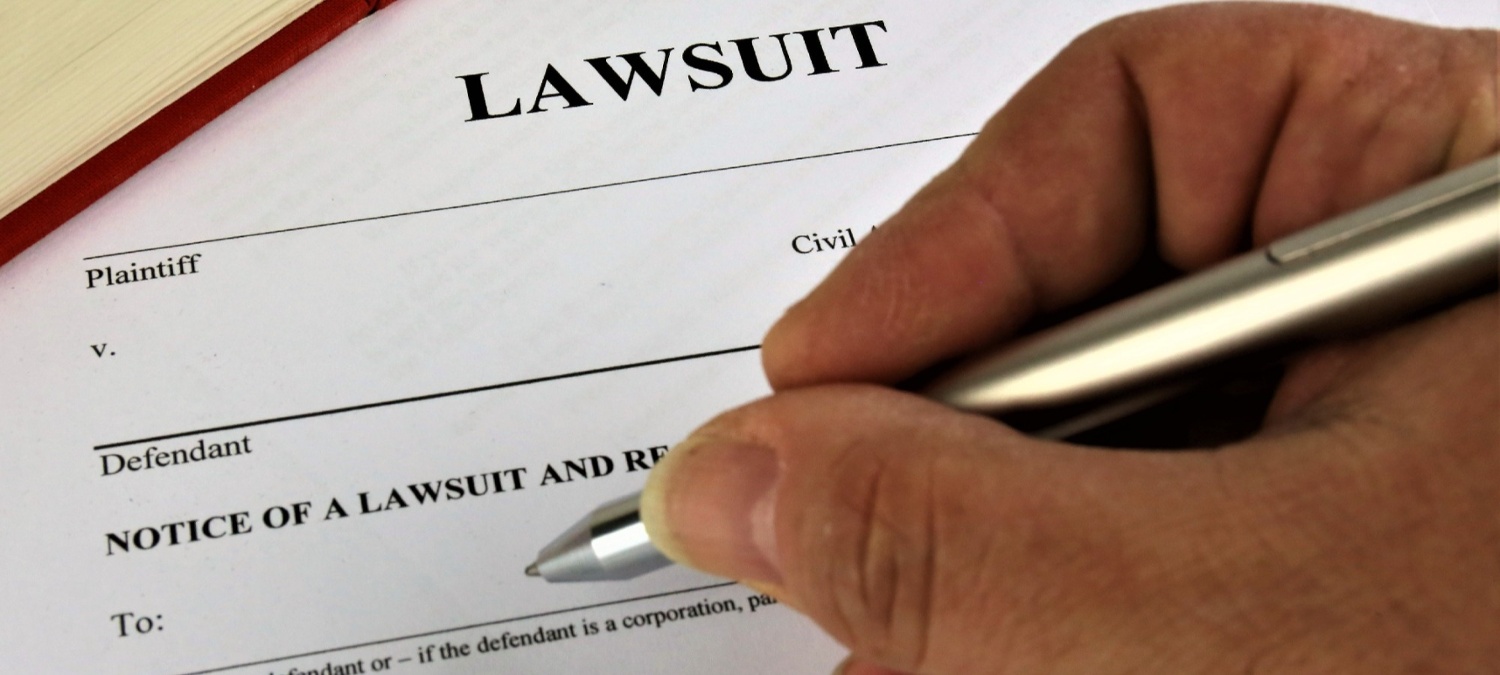
On December 31, 2020, the Florida Supreme Court, of its own volition, made changes to Florida’s Summary Judgment standard, aligning Florida Rule of Civil Procedure 1.510 with the Federal standard. Florida also joins thirty-seven other states in the nation in the application of the Federal standard when ruling on summary judgment motions.[1]
Three Rationales for Adoption
The Florida Supreme Court in the Amendment noted three rationales for the adoption of the Federal Summary Judgment standard. This Amendment is effective May 1, 2021.
Failure to Recognize Similarity
First the Florida Supreme Court noted that Florida jurisprudence has failed to recognize the similarity between a motion for directed verdict, and a motion for summary judgment, whereas the federal summary judgment standard mirrors that of a motion for directed verdict.
Florida Courts grappling with the question of whether there exists a “genuine issue of material fact” will now utilize the inquiry enunciated by the Supreme Court of the United States: “whether the evidence presents a sufficient disagreement to require submission to a jury, or whether the evidence is so one-sided that one party must prevail as a matter of law.”[2][3]
Burden of Proof
Second, the Florida Supreme Court has noted that since 1966, Florida jurisprudence has required the moving party to conclusively “disprove the non- movant’s theory of the case in order to eliminate any issue of fact.” [4]
This is a different approach from the Federal standard.
The United States Supreme Court has noted there is no express or implied requirement in Rule 56 that the moving party must negate the opponent’s claims, only that there is an absence of evidence to support the non-moving party’s case.[5]
When ruling on summary judgment motions, Florida courts will now be guided by the United States Supreme Court’s ruling in Celotex: provided there has been adequate time for discovery, summary judgment shall be entered “against a party who fails to make a showing sufficient to establish the existence of an element essential to that party’s case, and on which that party will bear the burden of proof at trial.” [6]
The burden on the moving party will vary depending on who bears the burden of persuasion at trial.
A Genuine Issue of Material Fact
The third reason the Florida Supreme Court adopted the Federal standard is due to the inconsistent and “expansive understanding” [7] of what constitutes a genuine issue of material fact.
In the Amendment, the Florida Supreme Court noted a leading Florida Treatise characterizing the standard as “the existence of any competent evidence creating an issue of fact, however, credible, or incredible, substantial or trivial, stops the inquiry and precludes summary judgment.” [8] [9]
Utilizing the Federal standard, the test is whether “the evidence is such that a reasonable jury could return a verdict for the nonmoving party.”[10]
Starting May 1, 2021, non-moving parties to a summary judgment motion “must do more than simply show that there is some metaphysical doubt as to the material facts”,[11] and provide evidence that is probative and more than merely colorable[12] to avoid summary judgment.
The United States Supreme Court has expanded on this analysis by stating “[w]hen opposing parties tell two different stories, one of which is blatantly contradicted by the record, so that no reasonable jury could believe it, and court should not adopt that version of the facts for purposes of ruling on a motion for summary judgment.”[13]
Fairness and Efficiency
In its analysis of the jurisprudence of Florida Rule of Civil Procedure 1.510, the Florida Supreme Court deemed the current state of Florida’s Rule of Civil Procedure 1.510 interpretation to be inconstant with Florida Rule of Civil Procedure 1.010, “to secure the just, speedy, and inexpensive determination of every action.”
In adopting the federal standards for summary judgment, the Florida Supreme Court sought to “improve the fairness and the efficiency of Florida’s civil judgment system, to relieve parties from the expense and burdens of meritless litigation, and to save the work of juries for cases where there are real factual disputes that need resolutions.”[14]
Contact Fisher Rushmer
At Fisher Rushmer, our clients are served by attorneys, not case managers. We provide the highly-skilled representation you need in a cost-conscious manner, and someone will always be available to talk when you need them. This personal attention and respect are what keep our clients coming back to us, and why we get so many referrals from them.
[1] IN RE: AMENDMENTS TO FLORIDA RULE OF CIVIL PROCEDURE 1.510. No. SC20-1490.
[2] Anderson v. Liberty Lobby, Inc., 477 U.S. 242 (1986).
[3] This is the same inquiry utilized by a court under the federal standard to rule on a Motion for Directed Verdict.
[4] Holl v. Talcott, 191 So.2d 40 (Fla. 1966).
[5] Celotex Crop. v. Carett, 477 U.S. 317, 323 (1986).
[6] Id. at 322.
[7] IN RE: AMENDMENTS TO FLORIDA RULE OF CIVIL PROCEDURE 1.510. No. SC20-1490.
[8] Id.
[9] Bruce J. Berman & Peter D. Webster, Berman’s Florida Civil Procedure 1.510:5 (2020 ed.).
[10] Anderson, 477 U.S. at 248.
[11] Matsushia Electric Industrial Co. v. Zenith Radio Corp., 475 U.S. 574, 586 (1986).
[12] Anderson, 477 U.S. at 249-50.
[13] Scott v. Harris, 550 U.S. 372, 380 (2007).
[14] IN RE: AMENDMENTS TO FLORIDA RULE OF CIVIL PROCEDURE 1.510. No. SC20-1490.



